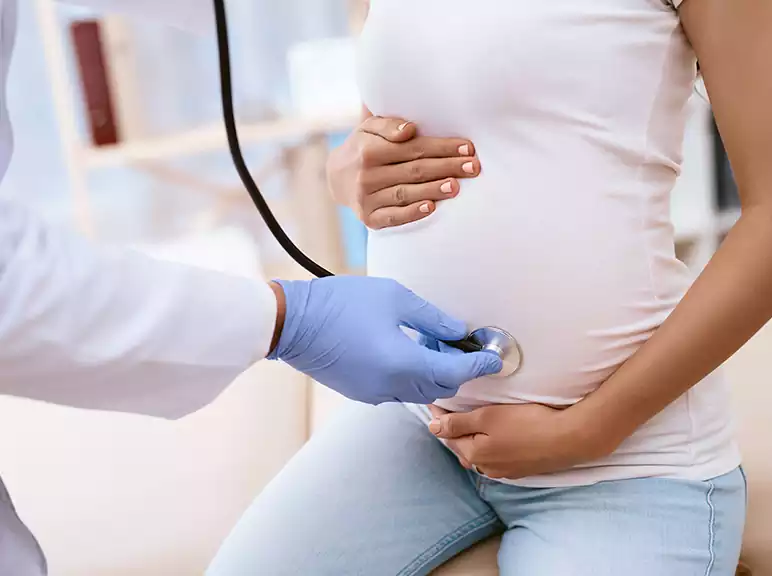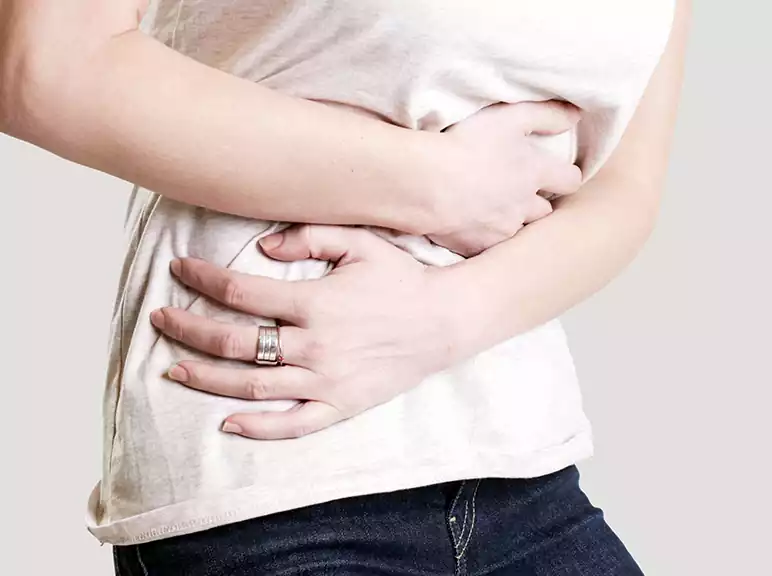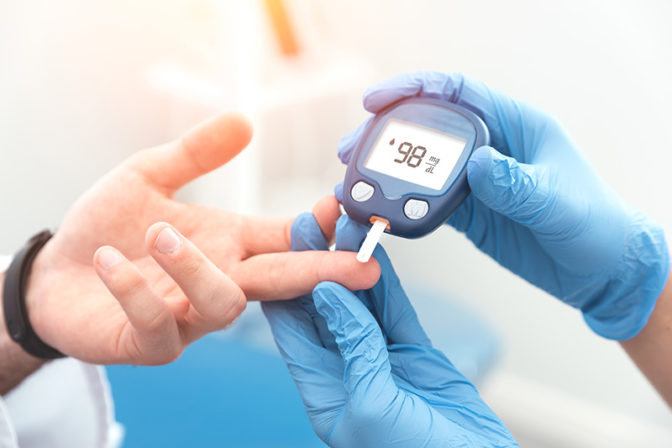Infertility Management
Infertility takes place when a couple cannot become pregnant (conceive) even if they have unprotected sex. Around one in 7 couples may find it difficult to conceive. About 83 per cent of couples naturally conceive within one year if they regularly have unprotected sex (every two or three days). For couples who try to conceive for more than three years with no success, the chance to get pregnant within the following year is 1 in 4 or less.
Some women get pregnant quickly, but it may take longer for others. It’s good to see a GP if you haven’t thought about it after a year. Women over the age of 36, and whoever is already aware of fertility problems should see their GP early.
Infertility is usually diagnosed only when a couple has not conceived it after a year. Two types of infertility exist:
- primary infertility – where someone who has never conceived ever and has difficulty conceiving
- secondary infertility – when someone has had one or more pregnancies in the past but is having difficulty conceiving again
There are many possible infertility causes, and both partners may be affected by fertility problems. But it is not possible to identify the cause in a quarter of cases. Common causes of infertility include:
- poor quality semen
- lack of periodic ovulation (the monthly release of an egg)
- damaged or blocked fallopian tubes
- endometriosis – when tissue that behaves like the lining of the womb is found outside the womb
Risk factors
Numerous aspects can affect fertility. These include:
- weight
- age – fertility declines with age
- sexually transmitted infections (STIs)
- smoking
- alcohol
- environmental factors
- stress
Infertility in women
Infertility is generally caused by ovulation problems (the monthly release of an ovarian egg).
- polycystic ovary syndrome (PCOS)
- thyroid problems
- premature ovarian failure
Scarring from surgery
The pelvic surgery can damage the Fallopian tubes that connect ovaries to the womb and scar them.
Cervical mucus problems
When you ovulate, your mucus gets thinner in the cervix so that that sperm can swim more smoothly. If there’s a mucus problem, it can make it more difficult to conceive.
Fibroids
Non-cancerous growths known as fibroids can affect fertility in or around the womb. In some cases, a fertilised egg may be prevented from attaching to the womb, or it can block the fallopian tube.
Endometriosis
Endometriosis is a condition in which small parts of the womb (the endometrium) begin to grow elsewhere, such as ovaries.
Pelvic inflammatory disease
Pelvic inflammatory disease (PID), which involves the womb, fallopian
tubes and ovaries is an upper female genital tract infection.
Sterilisation
Some women choose to get sterilised if they don’t want children. Sterilisation involves blocking the fallopian tubes to prevent an egg from travelling to the womb.
Medicines and drugs
The side effects of a few types of drugs and medicines can affect your fertility. These include:
- chemotherapy
- non-steroidal anti-inflammatory drugs (NSAIDs)
- neuroleptic medicines
- spironolactone
Infertility in men
Semen and sperm
A common reason for infertility in men is low-quality semen, the sperm fluid that is ejaculated during intercourse.
Testicles
The testicles make sperm and store it. If damaged, the quality of your semen can be seriously affected.
Sterilisation
Some men want to have a vasectomy if they don’t want children.
Ejaculation disorders
Some men have problems with ejaculation, which can make it difficult to release semen during sex (ejaculation).
Hypogonadism
The hypogonadism of the male sex hormone involved in producing sperm is an unusually low level of testosterone.
Medicines and drugs
Some medication can sometimes cause problems with infertility. Including:
- sulfasalazine
- anabolic steroids
- chemotherapy
- herbal remedies
Treatment
If you have fertility problems, your treatment depends on what causes the problem and what is available in your local clinical commissioning group (CCG). Find your local clinical commissioning group (CCG). There are three main sorts of fertility treatment:
- surgical procedures
- medicines
- assisted conception – which includes intrauterine insemination (IUI) and in vitro fertilisation (IVF)
Surgical procedures
There are many sorts of surgical procedures that can be used to examine fertility and fertility problems.
Fallopian tube surgery
Should the fallopian tubes become scarred or blocked, surgery may be necessary to repair them surgery can be used to break your fallopian tubes into the scar tissue to make it easier for eggs to pass through it. The success of the procedure depends on the extent of your Fallopian tubes being damaged.
Endometriosis, fibroids and PCOS
Endometriosis occurs when parts of the womb grow outside of the womb. Laparoscopic surgical procedures are often used in the treatment of endometriosis through destruction or elimination of fluid-filled sacs called cysts. It is also used to remove submucosal fibroids in the womb, which are small growths. If you have a polycystic ovary syndrome (PCOS), you can use a minor operation known as laparoscopic ovarian drilling if ovulation medicine does not work.








